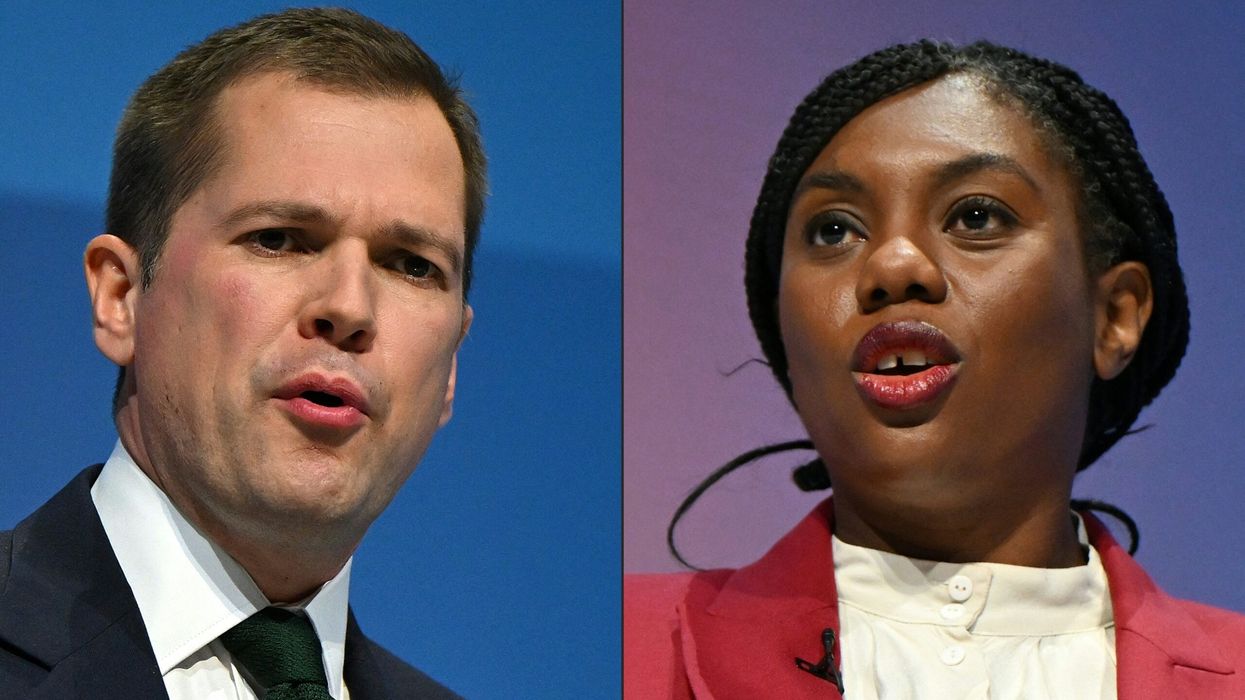Four months on from a General Election, this has been the week in politics that could do most to shape the next four years. Chancellor Rachel Reeves’ budget began to give prime minister Sir Keir Starmer’s Labour government a clearer agenda and identity. Conservative Party members elected Kemi Badenoch as the leader who must now try to turn the shrunken opposition into a credible contender for power again.
Yet it will be the outcome of Tuesday’s (5) knife-edge US presidential election – where the stakes for America and the world feel as high as ever before – that will do most to make this an epoch-shaping week. To govern is to choose – but governments and oppositions rarely get to determine the circumstances in which their political choices are made.
The main theme to emerge from the economic choices of Reeves was that this was a Labour budget. The chancellor had no choice but to put taxes up – but chose to increase them further to increase spending on the NHS and education. Reshaping the fiscal rules will enable more borrowing for capital investment too. Former Conservative prime minister Rishi Sunak’s final frontbench appearance as opposition leader offered a punchy Budget Day critique of what he called Labour’s “tax, borrow and spend” budget. Yet Reeves’ choices did reflect why the public voted Sunak out and Labour in last July.
Investing in strained public services was often the animating priority, with the sensible management of public finances viewed mainly as a means to that end. This budget received a tentative welcome from most of those who voted for change, but it is the condition of the economy and the NHS in three or four years’ time that will matter, much more than what people think now.
Conservative members defied several stereotypes in choosing Badenoch over Robert Jenrick. It was not just that voting for a black, female co-partisan, to lead their Tory tribe, proved wrong those who had crudely suggested the membership was too prejudiced to do so. It was also that Jenrick’s entire campaign strategy was a bet that whoever ran hardest on asylum and immigration would win. Jenrick asked party members for a mandate to make leaving the European Convention on Human Rights the party’s flagship priority – and lost.
One constraint on the politics of opposition is that it is more about being able to talk than to act. Badenoch grasped that better than Jenrick, arguing that his detailed plans for government were premature without the Conservatives focusing first on how to earn permission to get heard again. Badenoch has often said that she hates identity politics – yet the identity politics of Badenoch herself have been central to her rapid rise through the Conservative ranks, through her efforts to contest narratives from the left on identity and culture, history and race. Does Labour know how to respond to Badenoch? Starmer congratulated her on her historic achievement. There was genuine warmth in Vauxhall MP Flo Eshalomi’s congratulatory message “from one British Nigerian to another,” but backbencher Dawn Butler retweeted an ugly racial jibe castigating Badenoch as “white supremacy in blackface” before quickly
deleting it. Labour lacks an analysis of why, despite its stronger record on gender balance and ethnic diversity in the parliamentary ranks, it lags so far behind the impressive Tory record on diversity in leadership roles. Now the Conservatives have elected four female leaders to Labour’s none – and now two ethnic minority leaders in a row – it sounds decreasingly plausible to cast those contrasting records as mere coincidence. Labour’s intuitive initial response to Badenoch’s election may be to avoid topics of culture, identity and race where possible. But every government needs its own account of identity, multiculturalism and integration in this diverse democracy. That is a gap that the post-Corbyn Labour party has yet to address, in opposition or in government. The early sparring of the Starmer-Badenoch era may illuminate a curious asymmetry. Labour is unsure how to talk about identity, yet Badenoch’s own challenge is how to broaden her agenda beyond race, identity and culture, to the economy and public services too. Badenoch told the BBC last Sunday (3) her own approach to the economy would be “completely the opposite”. Her Tory instincts would be more Thatcherite – less taxation, less state.
Badenoch said the Conservative-led governments of the last 14 years too often “talked right and governed left”. Badenoch must now work out how to talk, in opposition, in a way that reconnects with voters lost to Reform to her right, to Labour on her left, and to LibDems in the centre too. Both parties will need to develop their public arguments in volatile times. The anxious wait for news from America’s swing states will do as much as our own big political choices to determine just how volatile these times may be.
(The author is the director of thinktank British Future)




